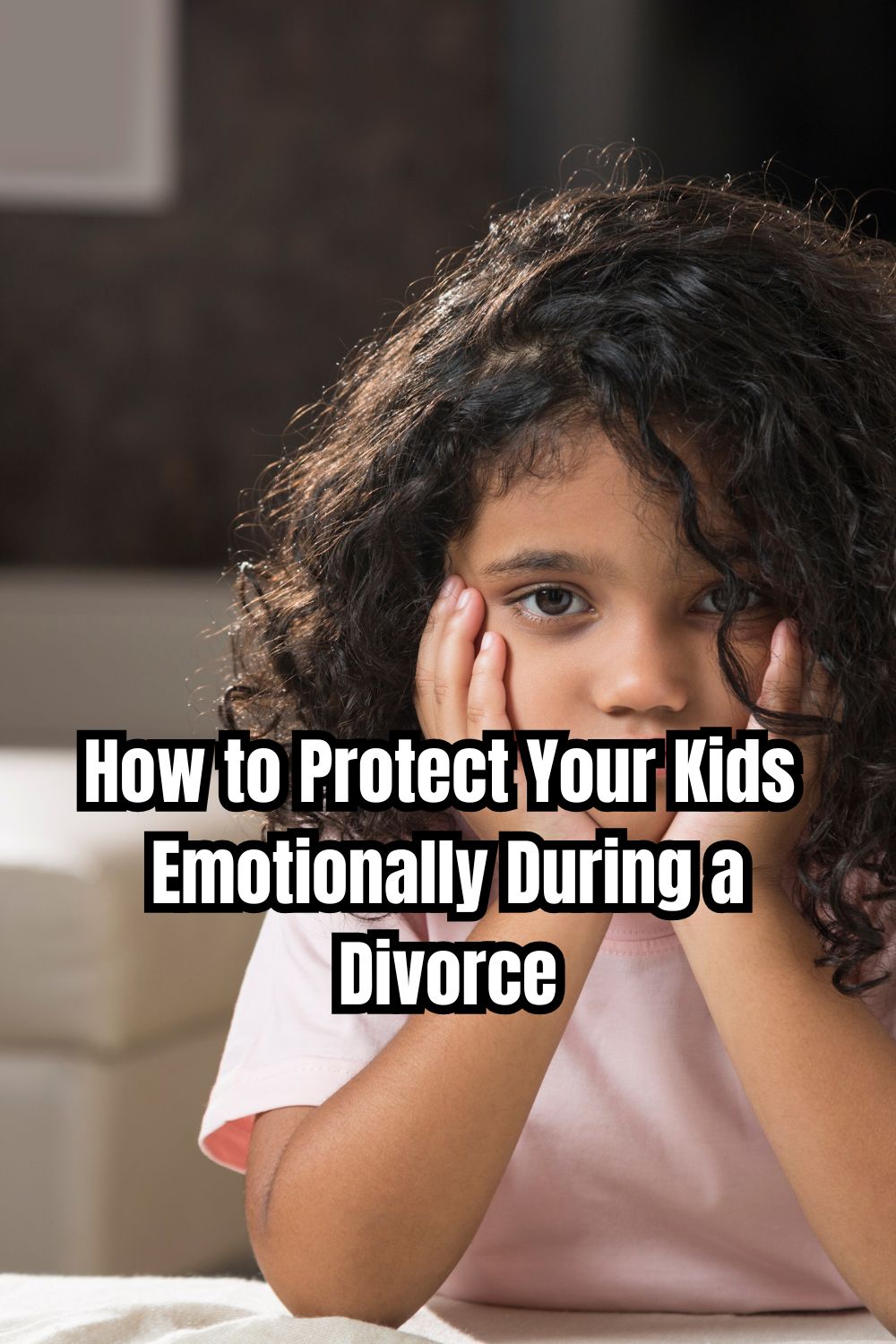Children are the ones who suffer most emotionally during a divorce. Here are tips on How to Protect Your Kids Emotionally During a Divorce
How to Protect Your Kids Emotionally During a Divorce
Divorce is challenging for everyone involved, but it can be especially difficult for children. As parents navigate the complexities of ending a marriage, ensuring the emotional well-being of their kids is a priority that requires thoughtfulness, patience, and care. For families going through high-asset divorces, the stakes may feel even higher. The process can involve complex financial and legal issues that, if not managed carefully, can amplify emotional stress for children. However, by taking intentional steps, parents can protect their kids’ emotional health and help them adapt to the changes in a positive way.
Understanding the Emotional Impact on Children
Children often experience a range of emotions during a divorce, including confusion, sadness, anxiety, and guilt. How they process these emotions depends on several factors, such as their age, personality, and how the situation is handled by their parents.
In high-asset divorces, where disputes over finances, property, or custody may be more intense, children can pick up on the tension and feel caught in the middle. Shielding them from these stresses and focusing on their emotional well-being is essential.
Practical Steps to Protect Your Kids Emotionally
1. Communicate Openly and Age-Appropriately
Talk to your children about the divorce in a way that is honest yet appropriate for their age. Reassure them that the divorce is not their fault and that both parents will continue to love and support them.
2. Avoid Putting Them in the Middle
Children should never feel like they have to take sides or mediate between their parents. Work with a high asset divorce attorney to handle disputes professionally, keeping them away from your kids.
3. Maintain Consistency and Routine
Stability is crucial for children during a divorce. Keep routines like school schedules, extracurricular activities, and bedtime rituals as consistent as possible to provide a sense of normalcy.
4. Encourage Open Expression of Emotions
Let your children express their feelings and validate their emotions, whether it’s sadness, anger, or confusion. Consider family therapy or counseling to give them a safe space to talk. You can also do calm activities to help kids decompress.
5. Focus on Co-Parenting
Work collaboratively with your co-parent to make decisions in your children’s best interest. When possible, present a united front, even if your relationship with your ex-spouse is strained.High-Asset Divorces: Unique Challenges and Solutions High-asset divorces often involve additional complexities that can indirectly affect children, such as prolonged court battles or disputes over finances. To minimize these impacts:
Work with Experienced Professionals:
Hiring a divorce attorney ensures that financial and legal matters are handled efficiently, reducing stress on the family.
Create a Detailed Parenting Plan:
Address custody schedules, holiday arrangements, and decision-making responsibilities early to avoid conflicts later.
Keep Financial Discussions Private: Children should not be exposed to arguments
about money, property, or support payments.
The Importance of Self-Care for Parents
To support your kids emotionally, you also need to take care of yourself. Divorce is emotionally taxing, and neglecting your own well-being can make it harder to be there for your children.
Seek Support: Rely on friends, family, or a therapist to help you process your emotions.
Focus on Stress Management: Practices like mindfulness, exercise, or journaling can help you stay calm and centered.
Prioritize Professional Guidance: Working with a trusted divorce attorney can ease the burden of legal and financial concerns, allowing you to focus on your family.
Conclusion
Divorce is a significant life event, but with care and intention, parents can help their children navigate the changes with resilience and confidence. By communicating openly, maintaining stability, and seeking professional support, you can shield your kids from unnecessary emotional stress and prioritize their well-being.
If you’re going through a high-asset divorce, working with a divorce attorney can ensure that the process is handled smoothly, giving you the space to focus on what matters most—your family.
Remember, your actions today will shape how your children remember and recover from this challenging time. By prioritizing their emotional health, you can help them adapt and thrive, no matter the circumstances.

Leave A Reply!